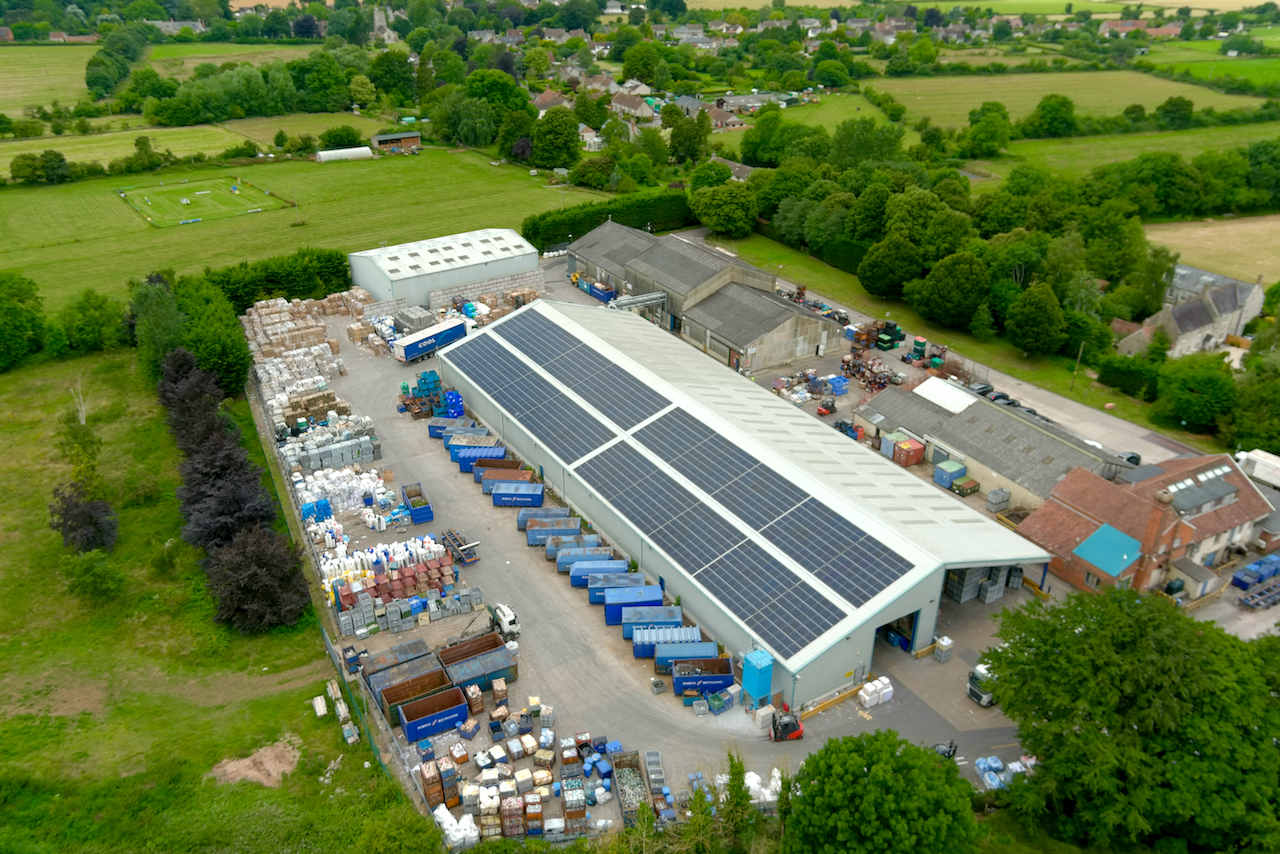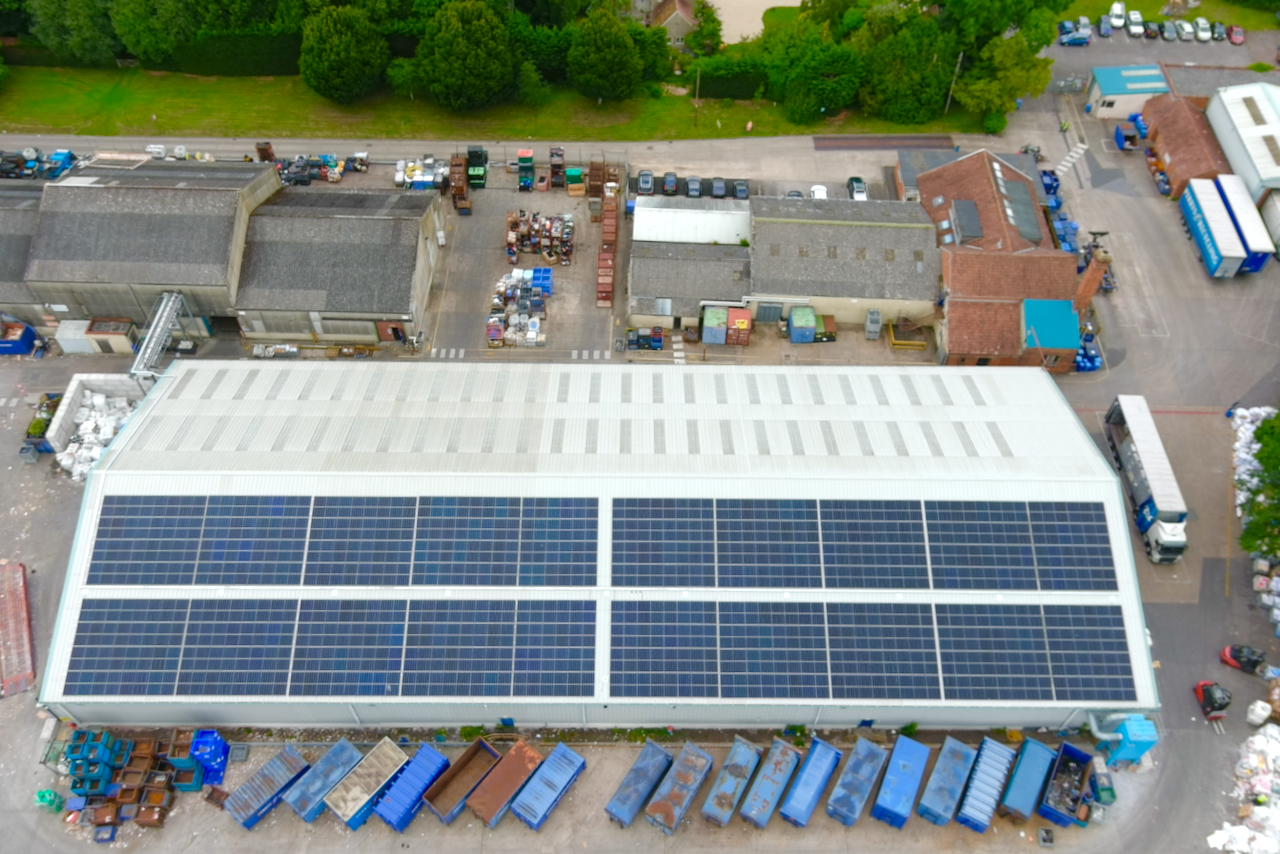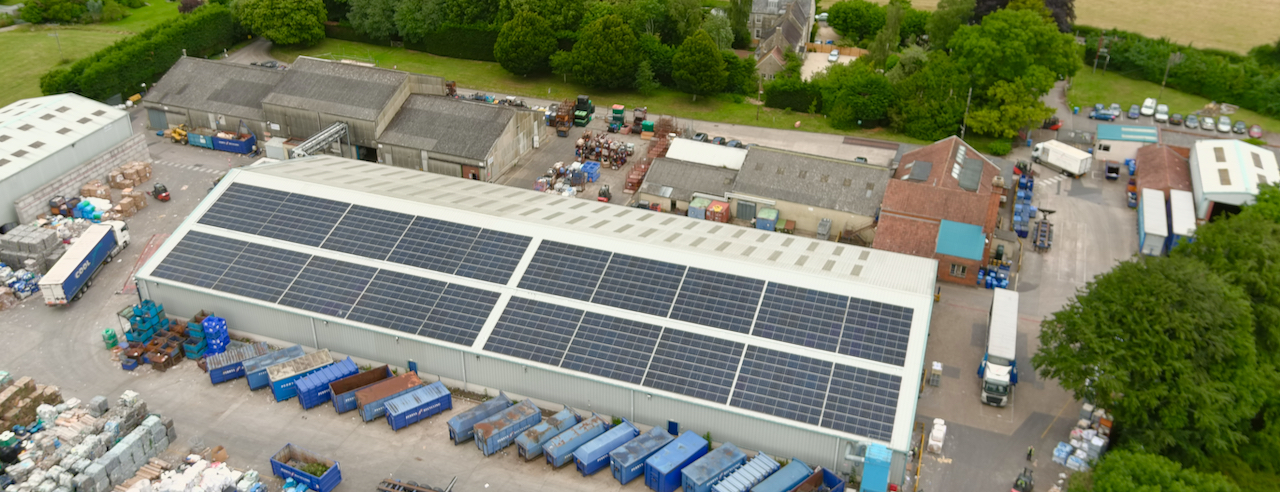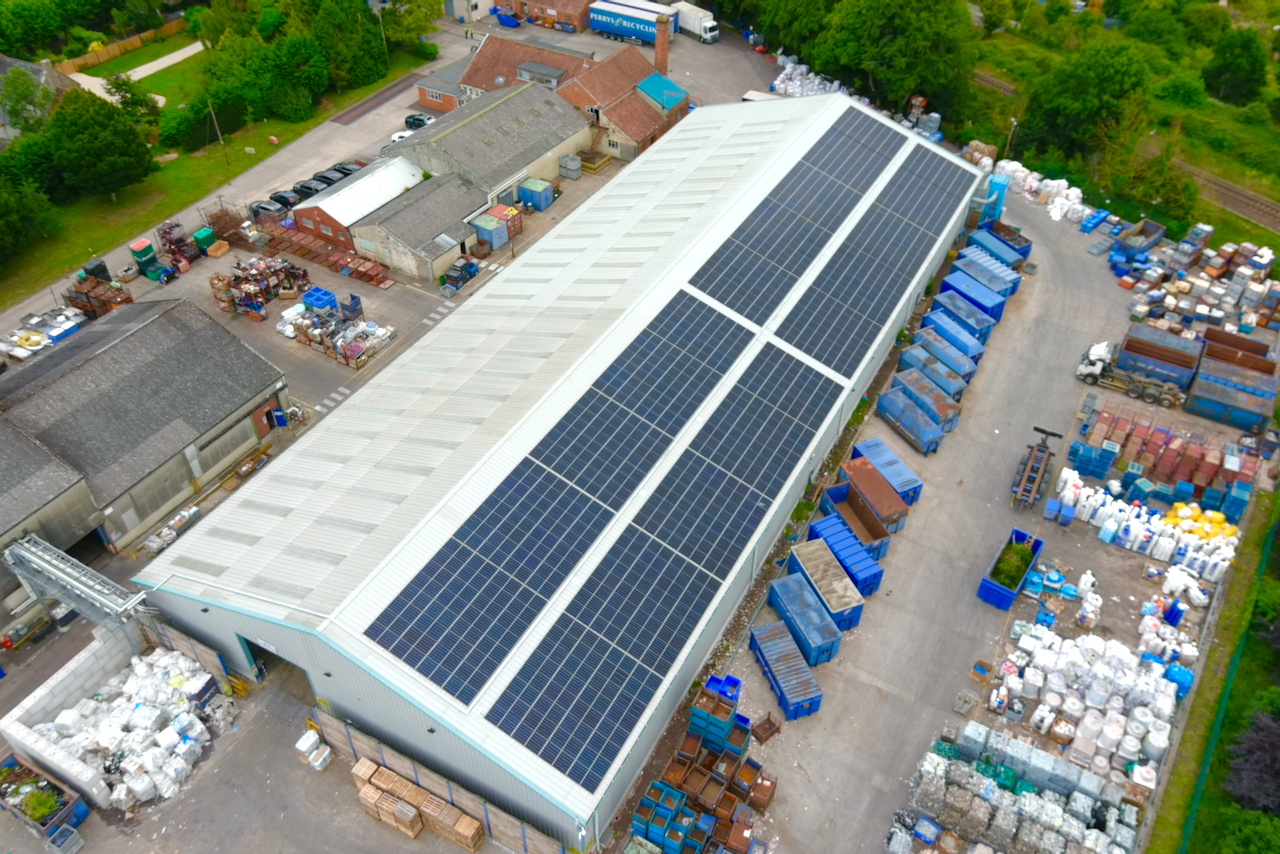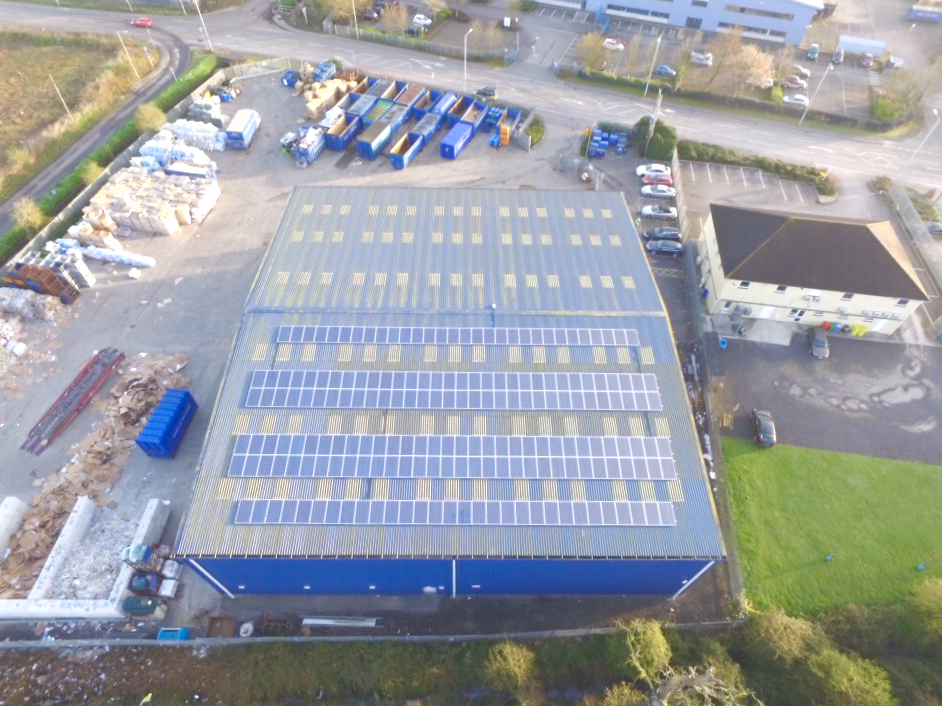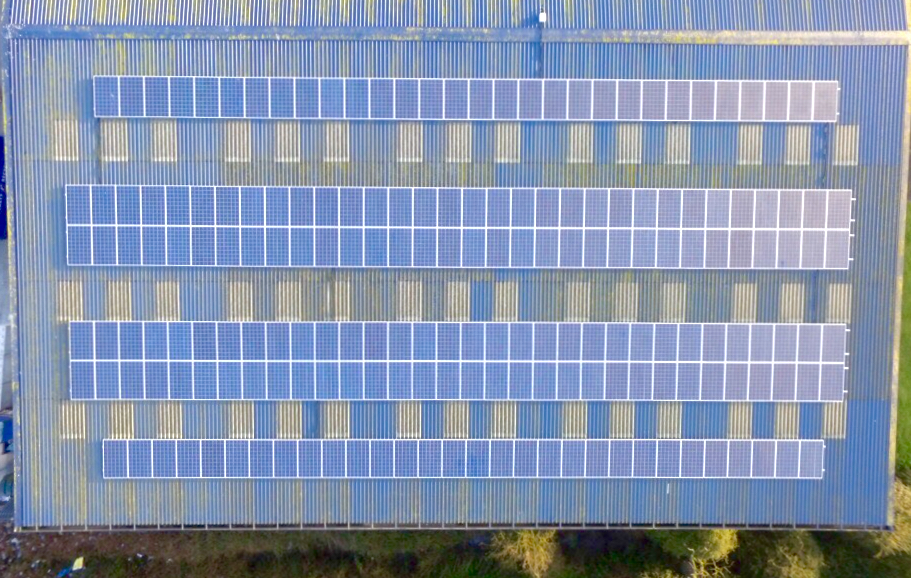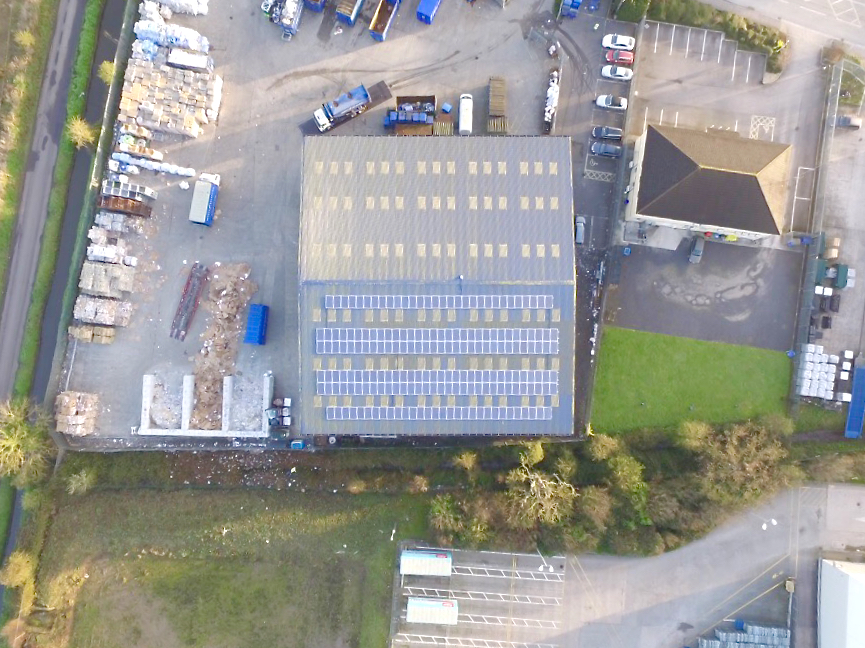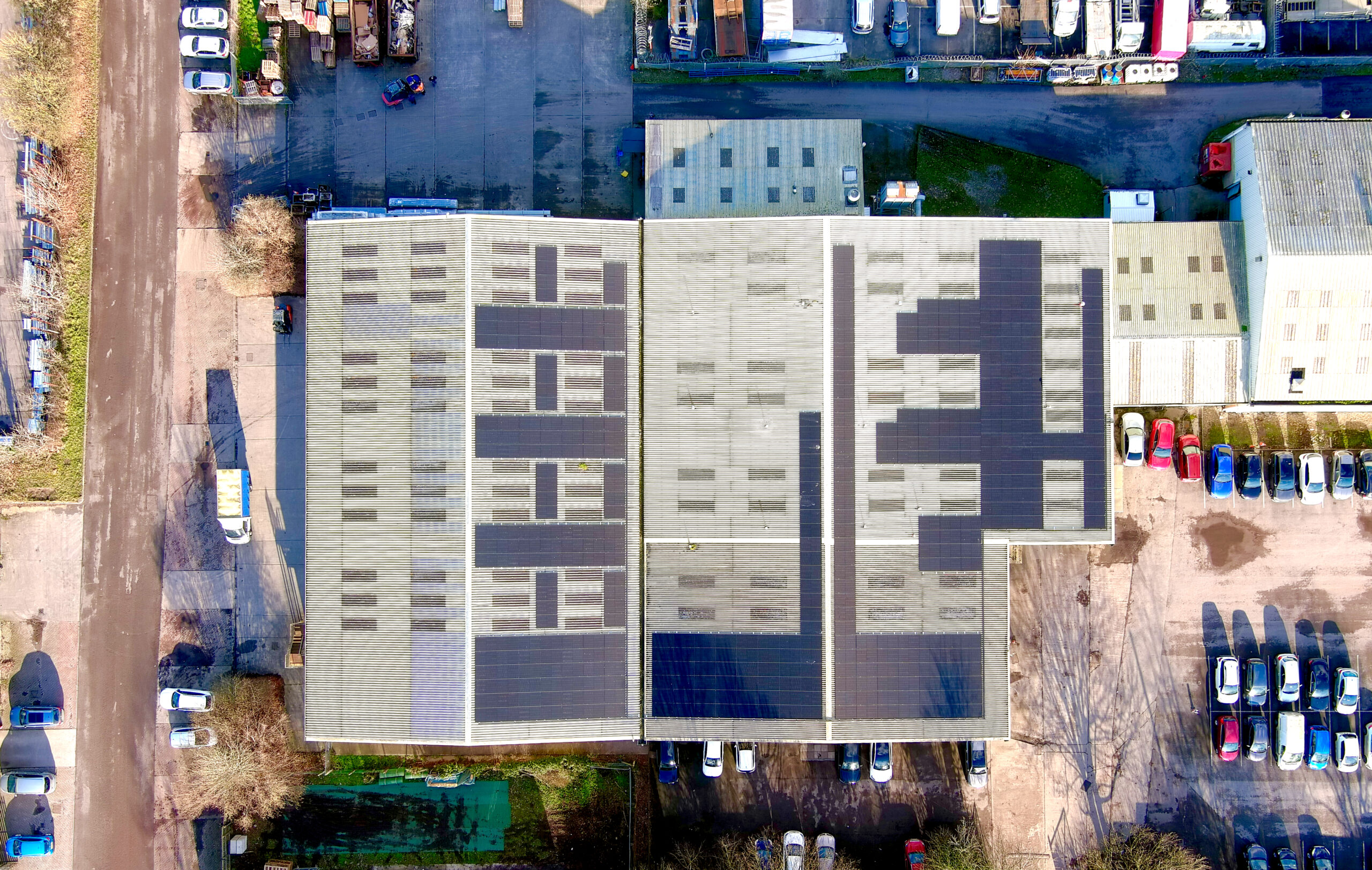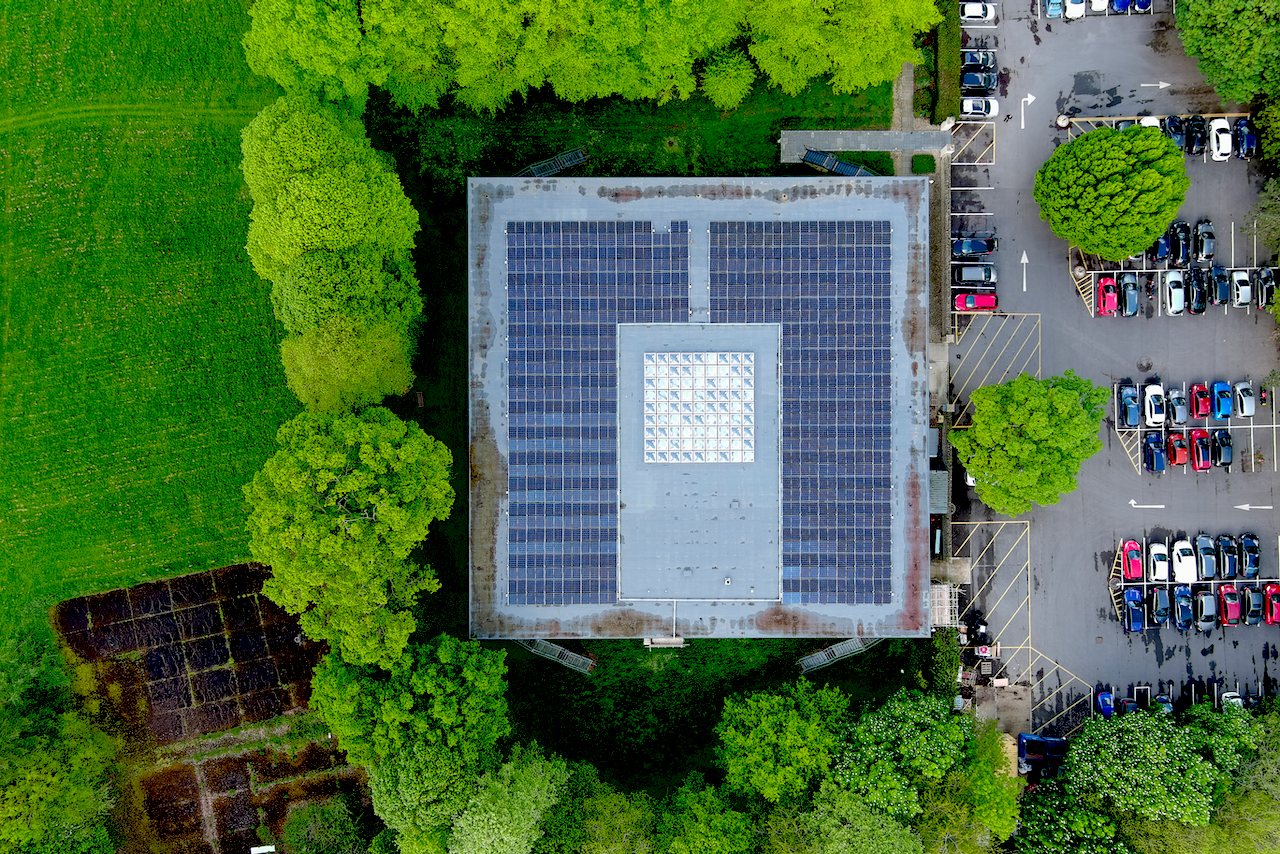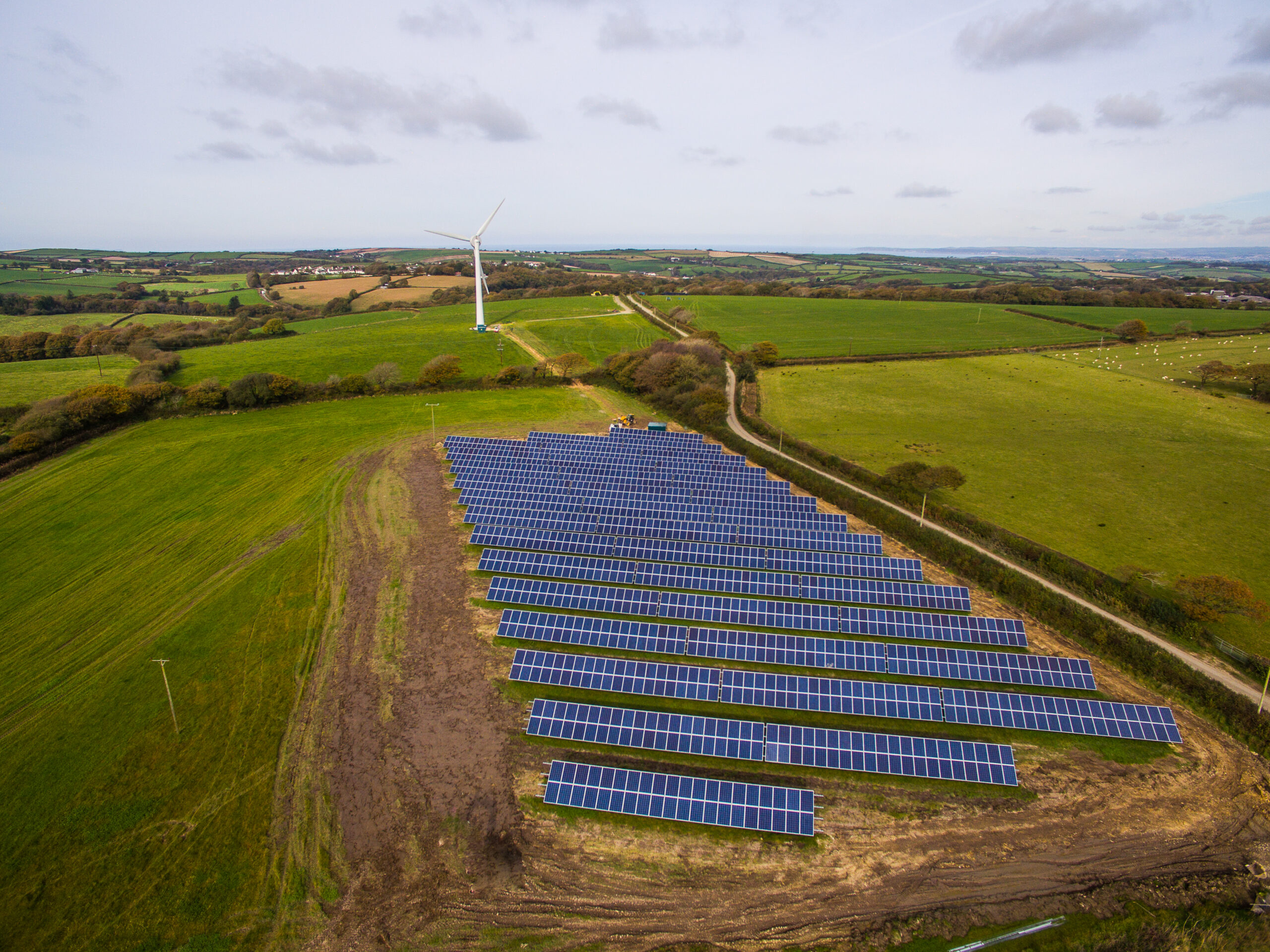Chris Perry, MD of Perrys Recycling, has seen first-hand how the environmental crisis is reshaping whole industries.
Environmental issues are having a direct impact on businesses and individuals, and we’re all having to re-assess our lifestyles, resources, and procurement choices. The dynamics of weather are becoming more volatile, along with finite resources and security issues effecting the supply of goods, services and energy globally. Also the drive towards Net Zero and reducing our carbon footprint presents new challenges including the need to move to renewable energy.
“Perry’s Recycling invested in solar back in 2017,” says Chris. “At that point subsidies were key to getting a return on our investment, but within two years they’d gone. That stopped us from further investment for a while. But recent developments in technology and reductions in cost have been game-changers for solar PV.”
The energy crisis has also played a part, with grid costs rising rapidly just as renewable generation got cheaper and PV panels more efficient. When the feed-in tariff for new installations ended in 2019, it made many companies like Perrys Recycling pause. But then it became clear that even without the subsidies the business case for solar was compelling – to save money and reduce their carbon footprint.
“We were always keen to do more after CleanEarth put in the original 50 kW system at our Bridgwater facility,” says Chris Perry. “When the time came, we reviewed our investment strategy and went for something five times the size (at 250 kW) at our Marston Magna depot!”
In its first six months the new array generated 130,000 kWh, and it is projected to provide over a third of the site’s annual electricity demand. CleanEarth are now looking at opportunities to extend both the original Bridgwater array and the newly installed Marston Magna system.
